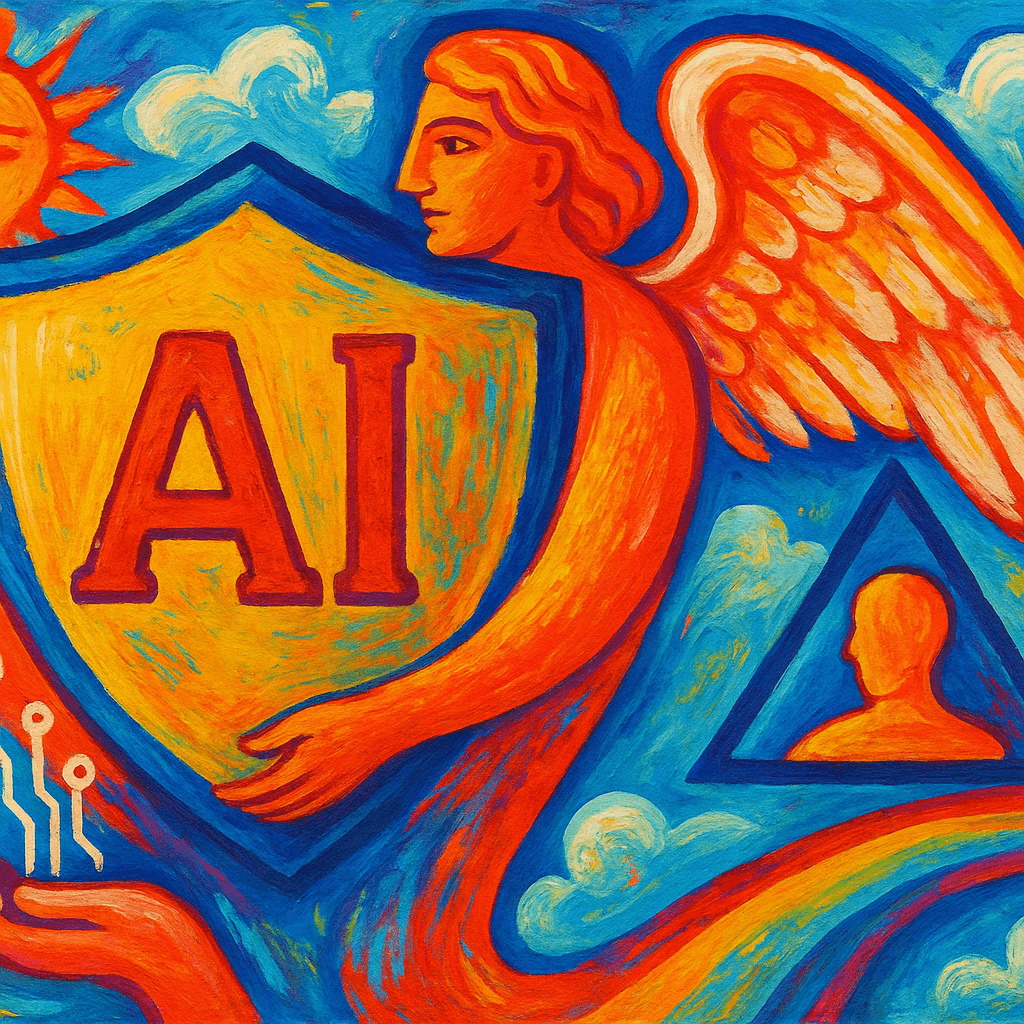The AI Imperative: Reshaping Claims Processing
The insurance industry is witnessing a significant shift as artificial intelligence (AI) integrates into claims processing. Traditionally a resource-intensive function, claims handling is evolving rapidly to meet demands for speed, accuracy, and customer satisfaction. AI technologies now play a growing role in optimizing workflows and decision-making processes.
Efficiency Through Automation
AI-powered automation reduces the need for manual intervention in routine tasks such as data entry, document verification, and initial claim assessments. By automating repetitive processes, insurers accelerate claim turnaround times and lower operational costs. This shift allows staff to concentrate on more complex or high-priority cases, enhancing overall productivity.
Smarter Decisions, Better Outcomes
Beyond automation, AI supports advanced data analytics and predictive models. These capabilities help evaluate risk more precisely, detect fraudulent claims faster, and recommend optimal claim resolutions. Machine learning algorithms analyze historical data and patterns, enabling insurers to make informed judgments that improve accuracy and consistency throughout the claims lifecycle.
Looking Ahead: The Future of AI in Insurance
The momentum behind AI adoption in insurance is expected to grow steadily. Emerging AI applications include real-time claims processing using natural language processing, greater personalization of policies, and integration with Internet of Things (IoT) data for dynamic risk assessment. Regulatory frameworks will continue evolving to address these technological advances, ensuring transparency and data privacy.
For insurance professionals and investors, understanding AI’s current impact on claims processing offers insight into broader industry transformation. Deploying AI thoughtfully can streamline operations, reduce costs, improve customer experience, and create competitive advantages.
As AI technology matures, it will remain central to the ongoing modernization of insurance functions, prompting organizations to adapt strategies and invest in innovation to stay ahead.




